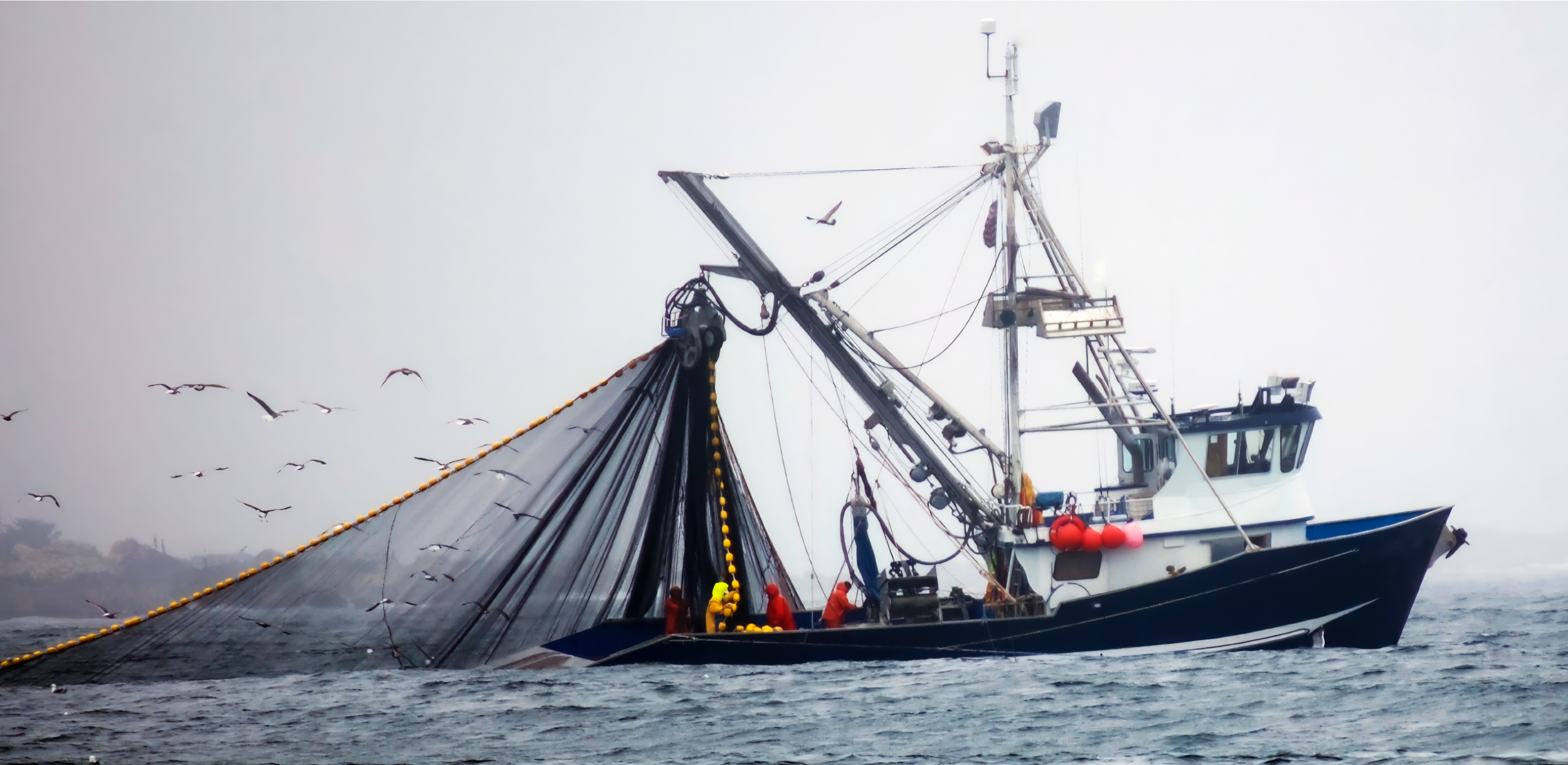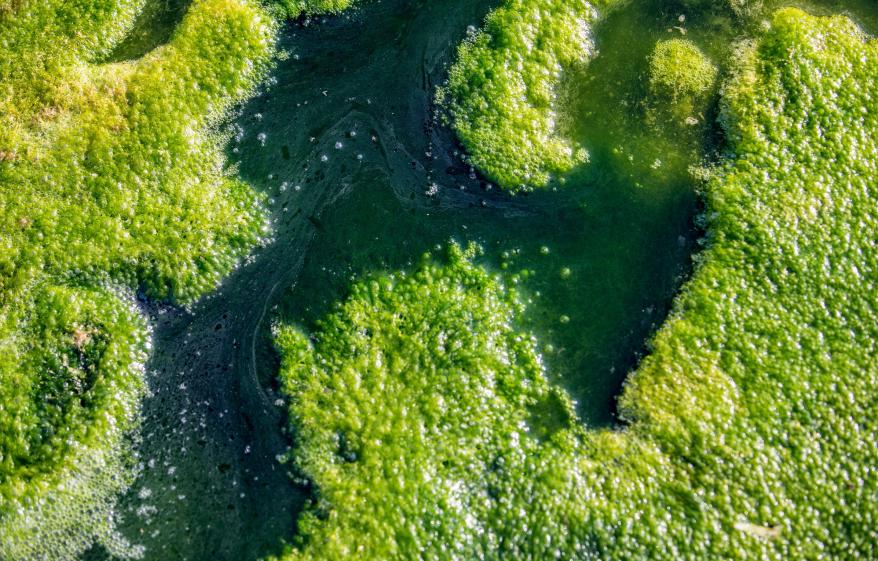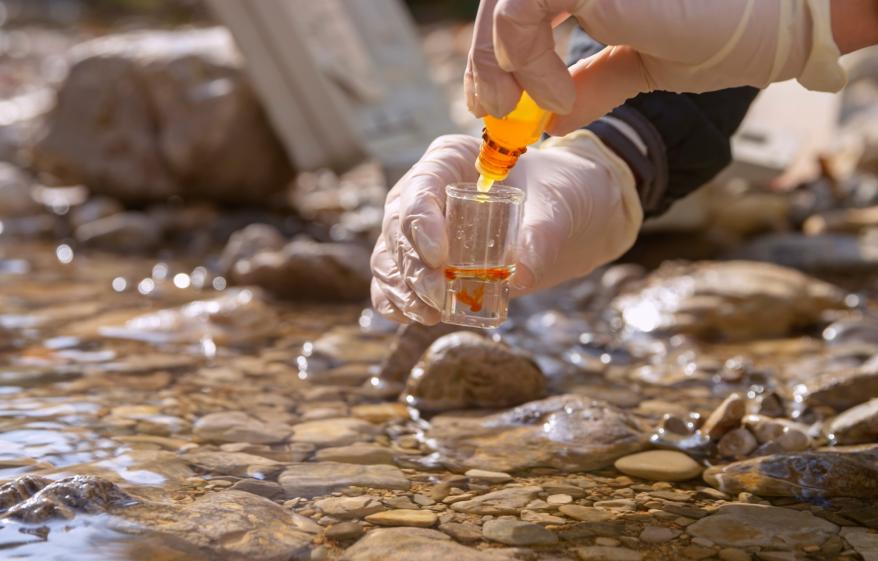
What is the EU doing to combat microplastics and forever chemicals in the food chain?
In recent years, the pervasive presence of microplastics (plastic particles smaller than 5mm) and forever chemicals (man-made chemicals that don’t break down in the environment or our bodies) in the food chain has emerged as a pressing environmental and public health concern.
How do microplastics and forever chemicals enter the food chain?
Microplastics and forever chemicals find their way into the food chain through a complex web of pathways; their presence in the ocean and soil means they interact with the fish, animals and plants (through their root systems) that go on to form our diets. BPA, a forever chemical, is used to make billions of plastic food and drink containers, dinnerware, and protective linings of food cans, which consequently enter our bodies. These contaminants pose significant risks to ecosystems and human health.
The EU’s legislation to battle plastic pollution
The EU is taking steps to combat the rising levels of microplastics in the food chain, committing to a 30% reduction in microplastics waste by 2030, which will prevent the release of about half a million tonnes of microplastics to the environment where it enters the food chain. Legislation such as the October 2023 ban on glitter made of plastic particles smaller than 5mm contributes towards this goal. Over the next decade, there will be the phaseout of microplastics in a range of specified products, from cosmetics to synthetic turf, estimated to prevent the release of about half a million tons of microplastics into the environment.
The use of synthetic polymer microparticles intentionally added to products such as food packaging has also been restricted, requiring companies to switch to safer alternatives. When food is wrapped in plastic containing BPA, phthalates may leak into the food, which can have detrimental effects on human health.
Additionally, the EU has implemented restrictions on certain types of single-use plastics, which degrade into microplastics that never fully disappear. This includes bans on items like plastic straws, plates, and cutlery.
Tackling forever chemicals
Controls are being put into place regarding the use of harmful chemicals, including forever chemicals, which aim to minimise their presence in the environment and the food chain. The European Commission’s 2020 Chemicals Strategy set the objective of phasing out PFAS in consumer products, “unless their use is proven essential for society”, which would potentially ban more than 10,000 chemicals.
What are we doing to decrease microplastics and forever chemicals in the food chain?
Onunda’s technology stops microplastics and forever chemicals from accumulating in the food chain by neutralising them while contained in the raw sewage or biosolids. These persistent micropollutants are hydrolysed into their respective benign constituents so that they no longer pose a risk to human health.













